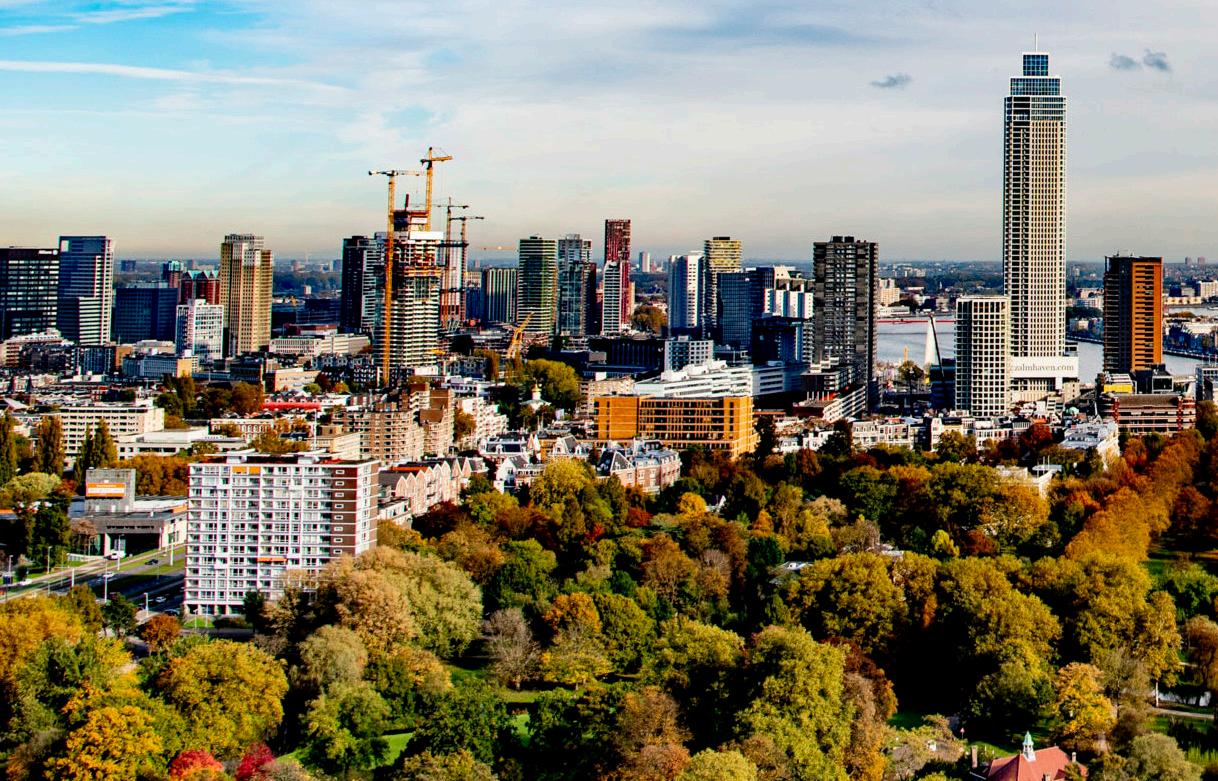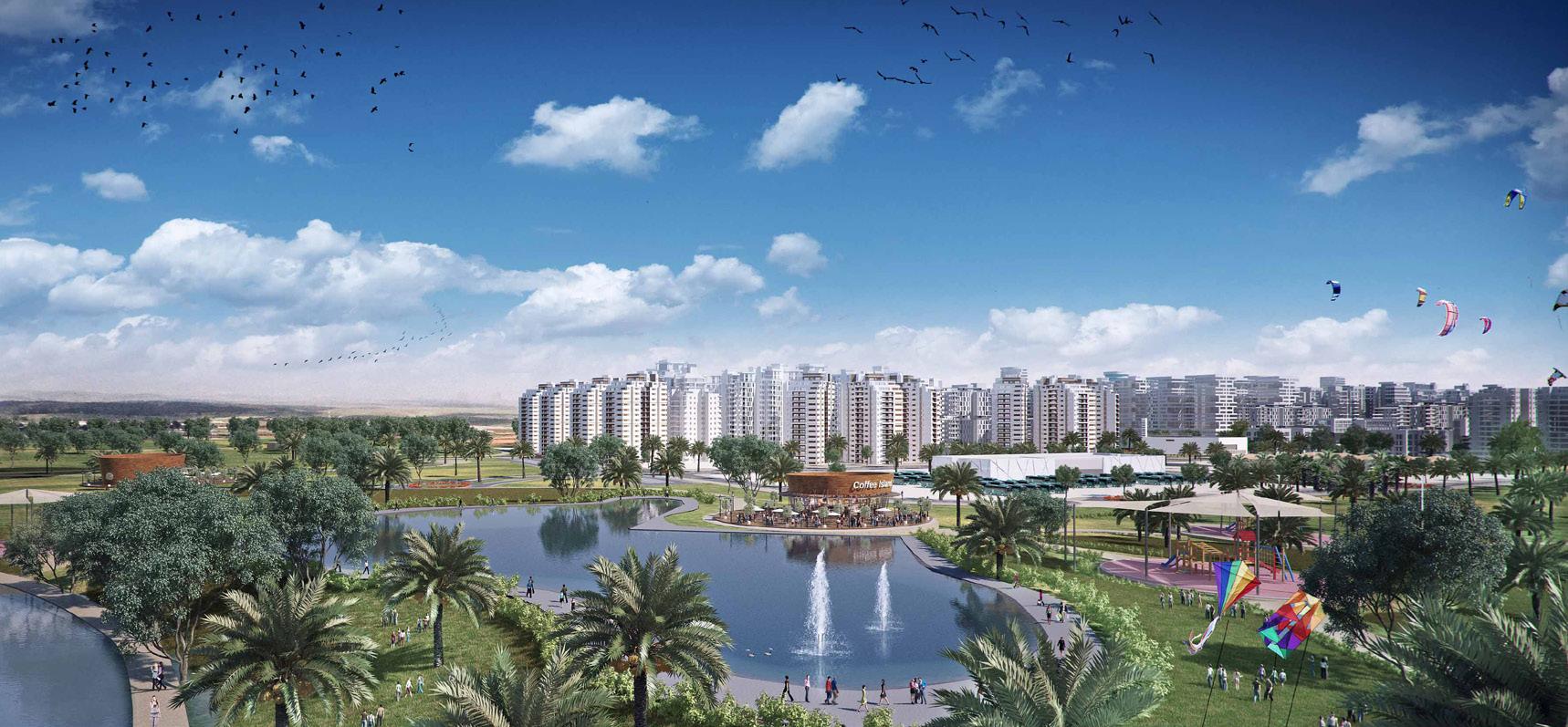INNOVATION & CHANGE
MIAMI:
SUSTAINABLE & RESILIENT BY FRANCIS SUAREZ
T
he importance of resiliency cannot be understated. Oftentimes, resilience is pigeonholed as a singlefaceted environmental cause, while it’s actually much more meaningful than that. Resilience is anything that affects the quality of life of our residents. Every project that seeks to sustainably improve Miamians’ quality of life contributes to Miami’s resiliency and our goal of making Miami a smart city. As Mayor of Miami, I have experienced the devastation of climate change firsthand. But I’ve also been afforded opportunities to see the ways climate action and clean energy can provide a more sustainable and successful future for my city. Just as we’ve made Miami the most wind-resilient city in the world, I want to make Miami the most flood-resistant city in the world. My administration has been aggressively committed to developing a long-term climate strategy, and part of that commitment will be making Miami a carbon-neutral city by 2050. The clean energy industry currently employs over 60,000 people in Miami, making us eighth in the nation in green jobs. And as we continue to break through as a national leader in solar and electric vehicle infrastructure, we will have the opportunity to expand
14 | Smart City Miami
employment opportunities even further. But none of this is possible overnight. It requires a meticulously coordinated effort across all our departments, and, more importantly, it requires our residents to be fully invested in our vision. This issue impacts all of us, and it will take all of us to fix it. In 2017, our residents voted to approve the $400 million Miami Forever Bond, nearly $200 million of which will go directly toward sea-level rise mitigation and flood prevention. In 2021 alone, we installed 38 tidal valves, planted over 4,000 trees, and upgraded capacity to all our stormwater pumps. And after seeing the demand from Miamians for forward-looking solutions to severe weather events, the private industry has quickly followed suit. High-level public-private partnerships will define how our nation’s cities will innovate and adapt to their current surroundings. And our diverse array of partners serves as the perfect example of how the City of Miami is building a smart future. In partnership with the Johns Hopkins University Centers for Civic Impact, we developed a civic engagement toolkit to improve the ways residents can interact with their government. And under what Microsoft
calls Project Eclipse, the City of Miami is currently testing a low-cost, highly accurate air quality-sensing platform for cities to better understand how to make their air cleaner and healthier for their people. The time is over to simply be reactive to climate change; we must be proactive and pave the way for other cities in the U.S. and around the world to achieve lower carbon emissions while ensuring our communities remain safe and prosperous. Addressing climate change is a moral imperative. And if managed properly, it will also be the right move for the health of our residents and the health of our economy.
“THE TIME IS OVER TO SIMPLY BE REACTIVE TO CLIMATE CHANGE; WE MUST BE PROACTIVE AND PAVE THE WAY FOR OTHER CITIES IN THE U.S. AND AROUND THE WORLD.”










































